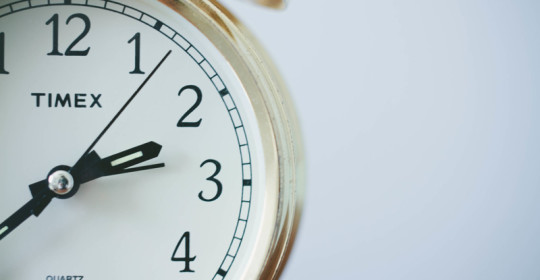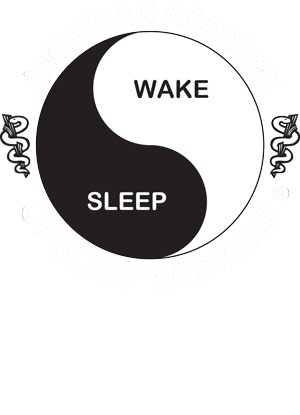
Spring forward, sleep less: Daylight saving time study
A new study shows that high school students lose sleep on school nights after the spring change to daylight saving time.The study involved 35 high school students. They had an average age of 16.5 years. Their nightly sleep was measured by wrist actigraphy.A wrist actigraph is a type of motion detector. It estimates your sleep time by tracking your movements in bed.Results show that teens lost an average of 32 minutes of sleep per night after the change to daylight saving time. This added up to 2 hours and 42 minutes of lost sleep during the week. During school days after the time change, students also were sleepier, had slower reaction times and had a hard time paying attention.
The American Academy of Sleep Medicine recommends that teens get a little more than 9 hours of nightly sleep. But more than 90 percent of teens report sleeping less than 9 hours on an average school night.
Learn more about the study in the journal Sleep: Adverse Effects of Daylight Saving Time on Adolescents’ Sleep and Vigilance.
Leave a reply →



